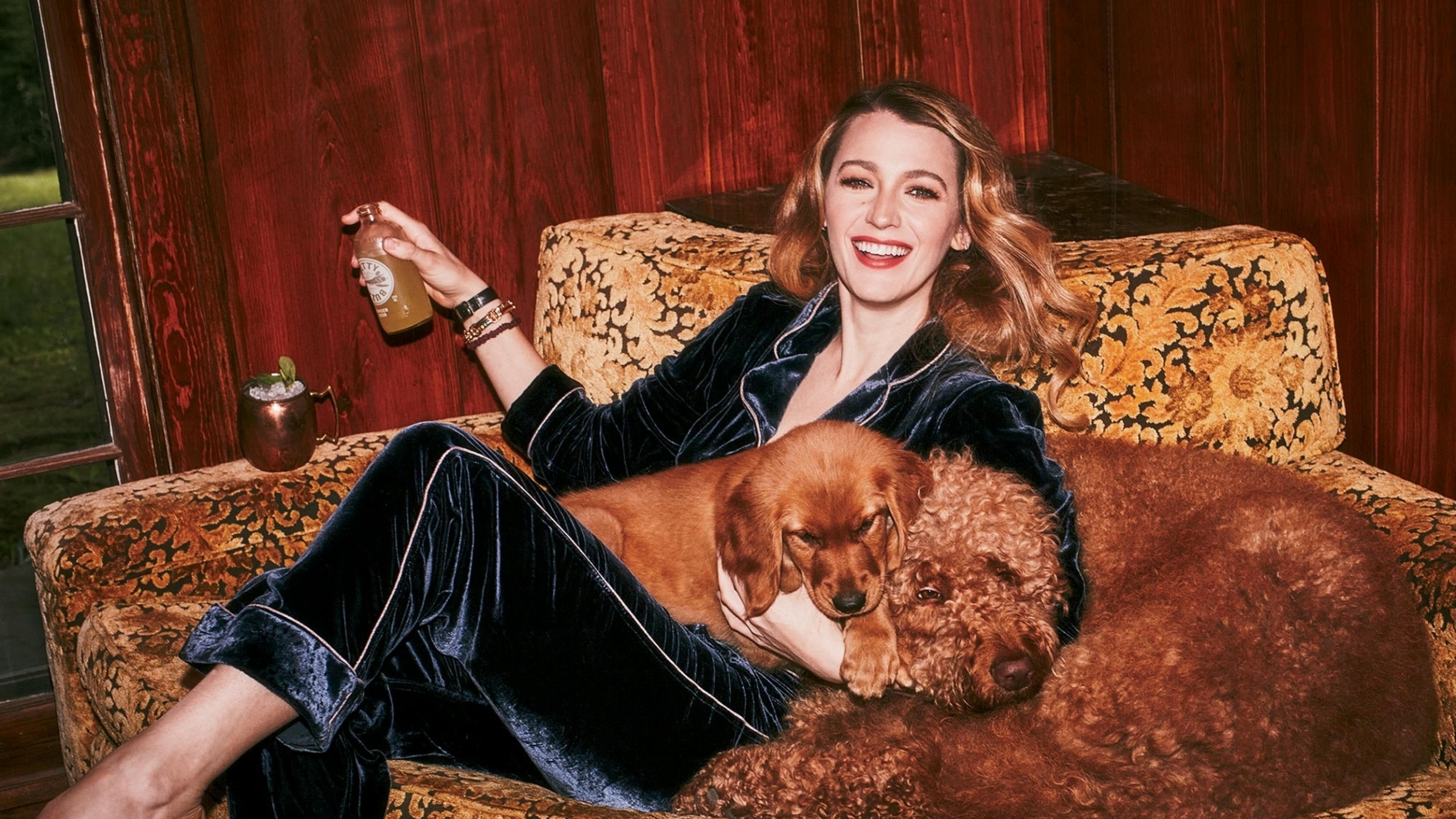Movie Review, Abuse
'It Ends With Us' is a heartbreaking yet flawed tale of love and abuse | Movie Review
Blake Lively shines in this gut-wrenching adaptation of Colleen Hoover's bestseller, a film that both captivates and frustrates in its portrayal of domestic abuse. "It Ends With Us" may falter in its final act, but its raw depiction of love's darker side leaves an indelible mark, offering a lifeline to those trapped in the cycle of violence.

In the dimly lit theater, as the credits of "It Ends With Us" roll, a palpable silence hangs in the air. Women of all ages, wrapped in blankets brought from home, remain motionless in their seats, as if reluctant to break the spell cast by Colleen Hoover's story brought to life on the big screen. This scene alone speaks volumes about the emotional impact of the film, but like the complex issue it tackles, the movie itself is a mix of powerful moments and missed opportunities.
Blake Lively stars as Lily Bloom, a young woman whose hippie-chic wardrobe belies a deeply guarded heart. As she navigates the aftermath of her abusive father's funeral, a chance encounter with the dashingly handsome neurosurgeon Ryle Kincaid (Justin Baldoni) sets her on a path that will challenge everything she thought she knew about love and self-worth.
The film excels in its portrayal of the insidious nature of abuse. Through disorienting cinematography and Lively's nuanced performance, we feel Lily's confusion and rationalization as the lines between accident and intent blur. The first violent incident - a seemingly accidental elbow to the face during a kitchen mishap - is masterfully presented, leaving both Lily and the audience unsure of what truly happened. It's in these moments that "It Ends With Us" shines, capturing the psychological complexities of domestic violence with gut-wrenching accuracy.
However, the film falters in its rushed final act. As Lily finally decides to break free from the cycle of abuse, the movie skims over the grueling process of leaving an abusive relationship. This is where the adaptation diverges most significantly from Hoover's novel, and it's a glaring omission. The book's raw depiction of Lily's struggle to reclaim her life is condensed into montages of resilience, robbing viewers of the cathartic journey from victim to survivor.
Despite this shortcoming, Lively's portrayal of Lily is captivating. She infuses the character with a quiet strength that simmers beneath the surface, even in her most vulnerable moments. Baldoni, pulling double duty as director and co-star, brings a chilling charm to Ryle that makes his descent into violence all the more terrifying. Jenny Slate provides much-needed levity as Lily's friend Allysa, offering moments of respite from the heavy subject matter.
"It Ends With Us" is not an easy watch, nor should it be. It tackles a subject that affects millions of women worldwide, and in doing so, it opens a necessary dialogue about the complexities of abusive relationships. While the film doesn't quite reach the emotional depths of classic women's pictures like "Stella Dallas" or "Imitation of Life," it does create a safe space for viewers to confront uncomfortable truths and perhaps find the courage to share their own stories.
For women who might see themselves in Lily's story, "It Ends With Us" may be more than just a movie - it could be a lifeline, a reminder that they're not alone, and that there is hope beyond the darkness of abuse. Despite its flaws, the film's impact lingers long after the credits roll, much like the bruises it so unflinchingly portrays.
In the end, "It Ends With Us" is a flawed but important addition to the cinematic landscape. It may not be the perfect adaptation fans of the book hoped for, but it's a bold step forward in bringing these crucial conversations to a wider audience. And in a world where silence often shrouds the issue of domestic violence, that alone makes it a film worth watching.
* Haffpost and Time Magazine contributed to this review.